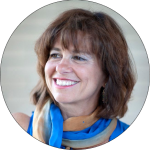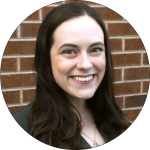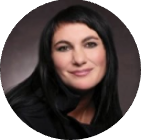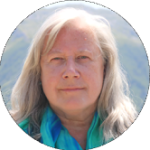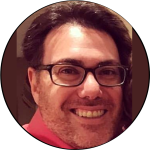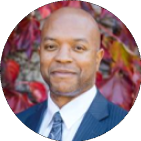C+V Special Edition Community Talk: Israel & Gaza
The violence that is taking place in Israel, Palestine, and Gaza is incredibly tragic and painful – it is hard to even find the words to explain it. Our thoughts are with all of those affected by this conflict. We know that this has impacted, both directly and indirectly, many in our community.
We invite you to view the video above. Chancellor Haefner opens the session with remarks, and we then hear from a panel of DU community members from across the University of Denver engage in meaningful discussion and learning. We explore the human impact, recent events, and geopolitical context.
Our goal is to create a space for empathy and understanding, where participants can gain insight into the perspectives of those affected and engage in constructive reflection and learning. Join us for this challenging and important conversation. It is imperative to note that every DU community member deserves to feel safe and welcome - we do not tolerate antisemitism, Islamophobia, or any form of hate.
It’s important to remember that behind every headline and every statistic is a human story, and that the people impacted by this conflict are not just numbers, but individuals with their own hopes, dreams, and families. We recognize everyone in the community is processing their own feelings, reactions, and thoughts. We know many have family members and friends directly affected by what’s happening. We want to provide a space for learning, support, and nuance around a difficult conversation. We hope you will join us.
Please see below for resources and information on the panelists This list will be updated as resources, programming, and events are shared. To add a resource or item, please email CommunityPlusValues@du.edu.
DU Community Speakers:
Jeremy Haefner, Opening Remarks |
Micheline Ishay |
Angela Michener, she/her |
|
Ann Petrila, she/her | Jonathan Sciarcon, he/him |
Jeff Banks, Panel Moderator | Ahmed Hussein
Lily Gross |

